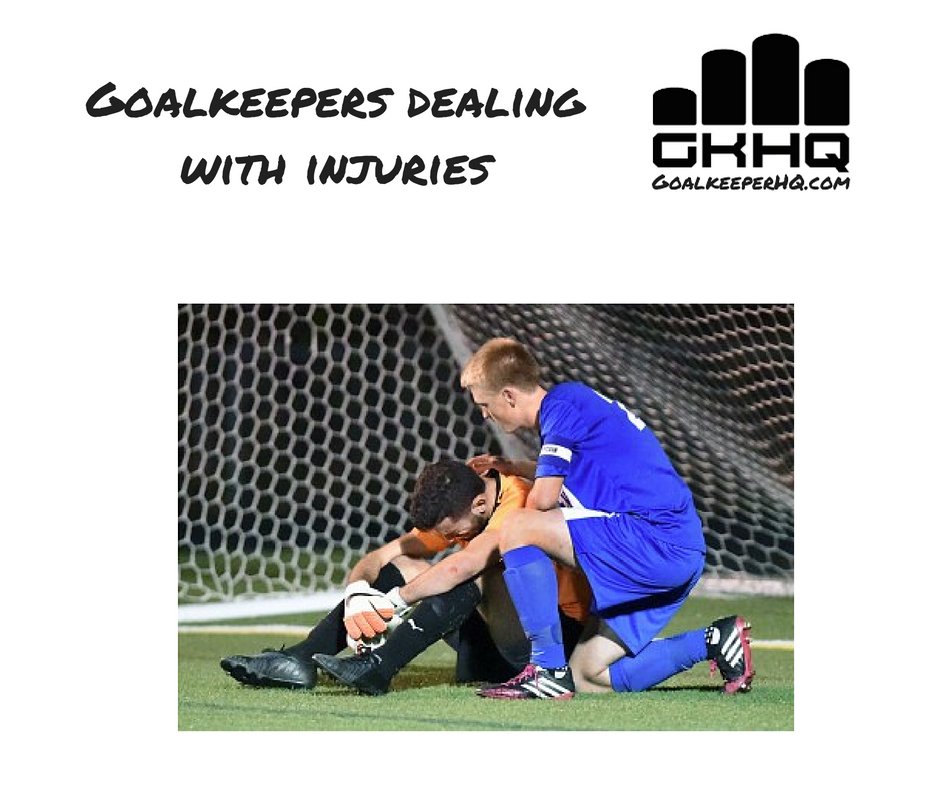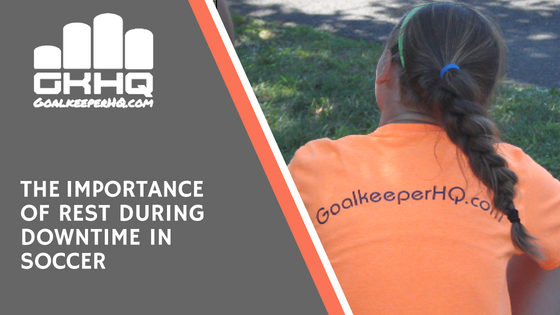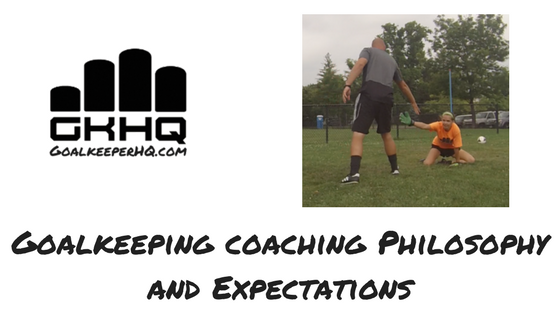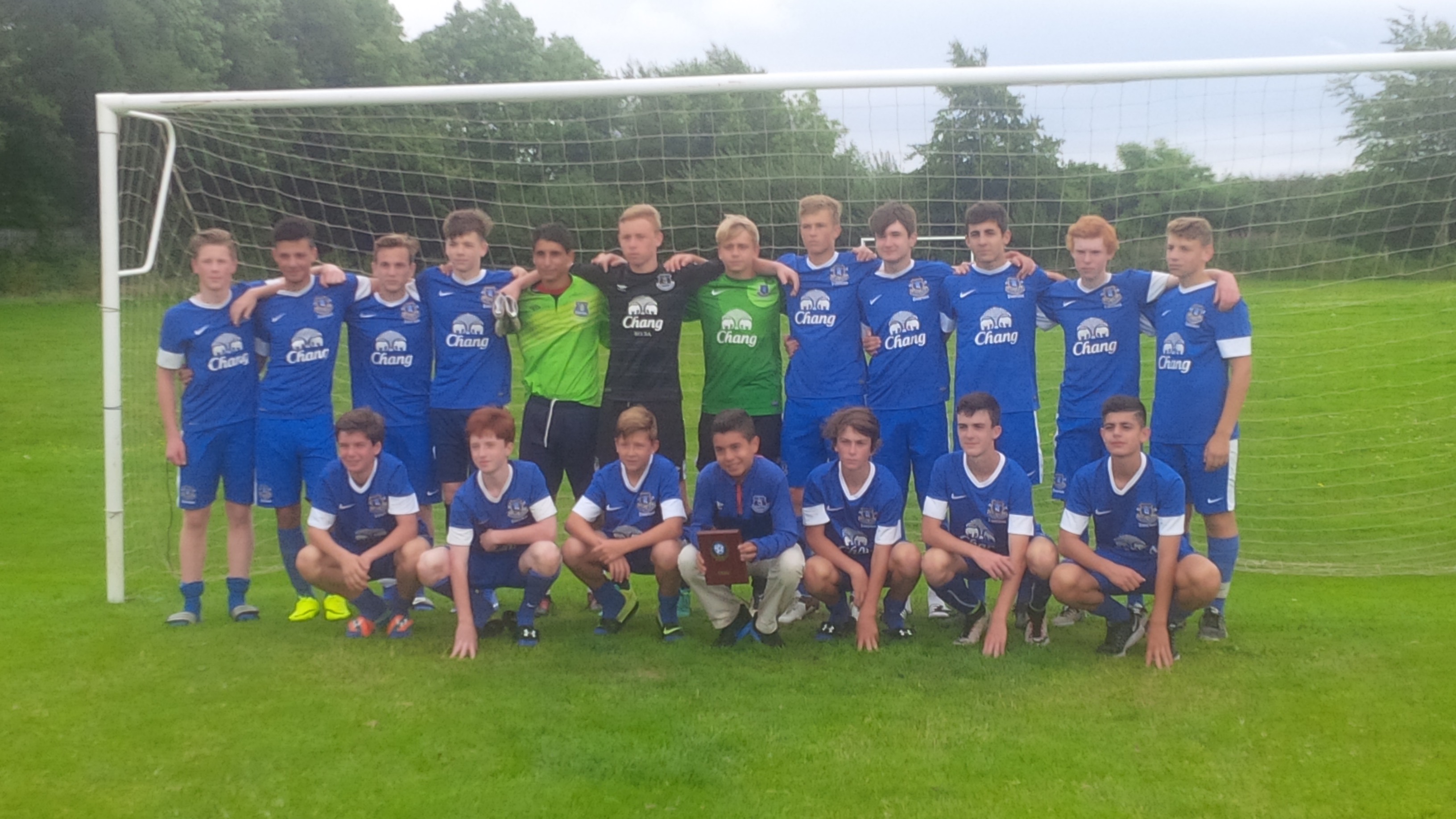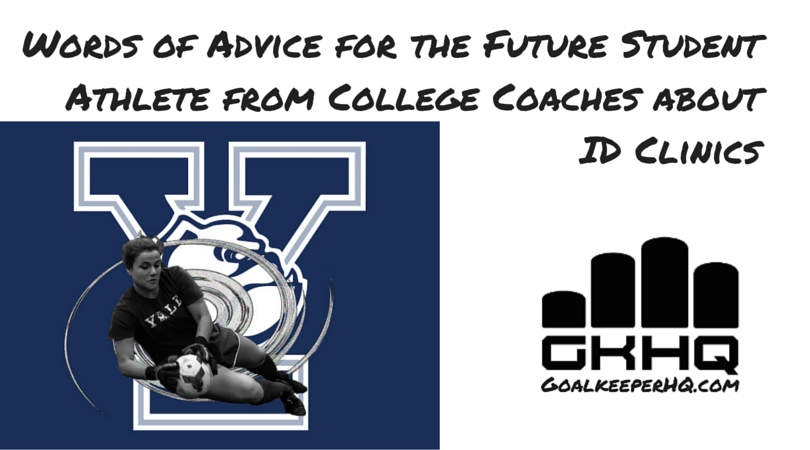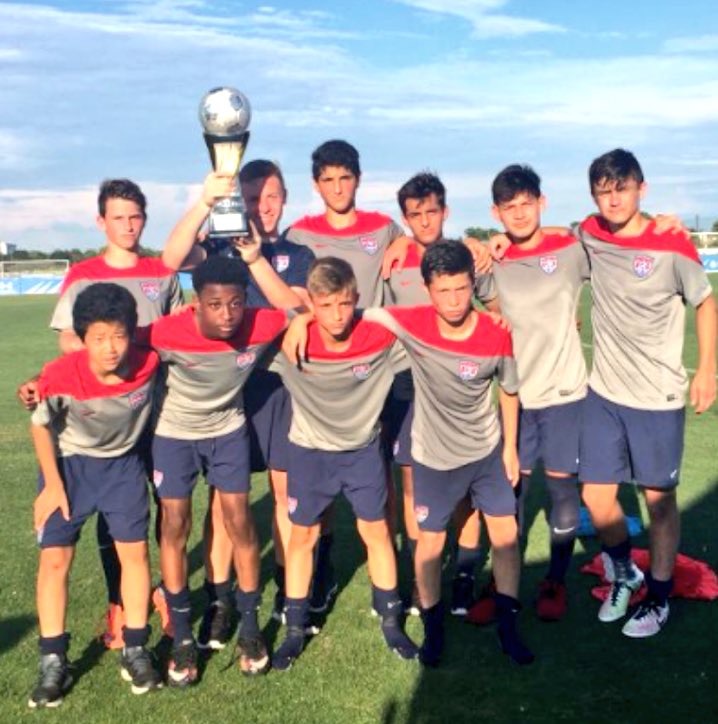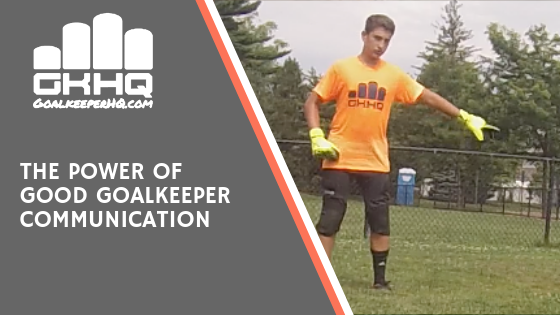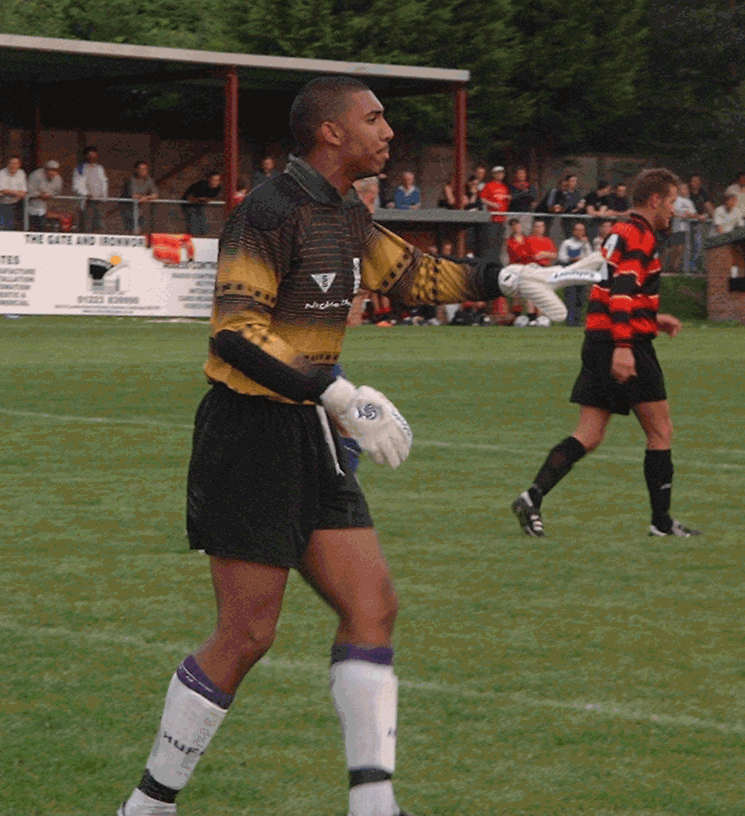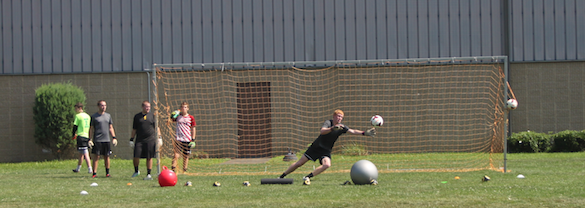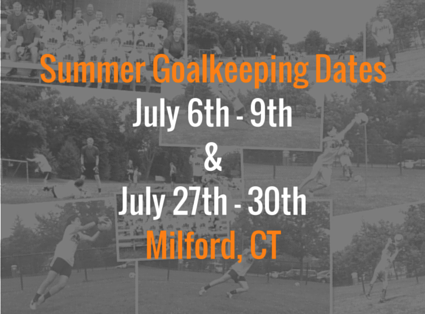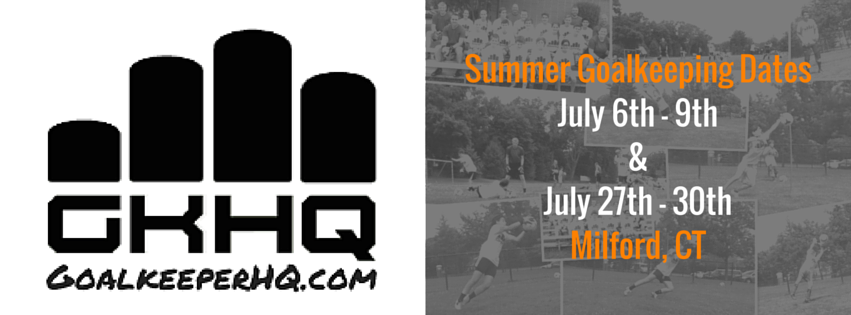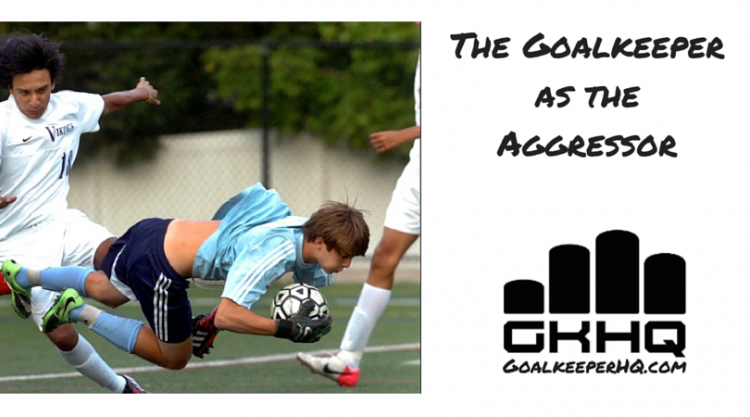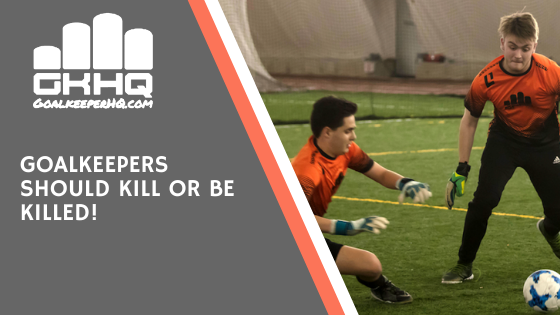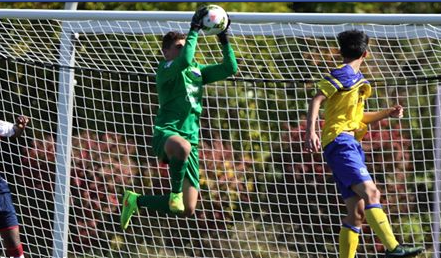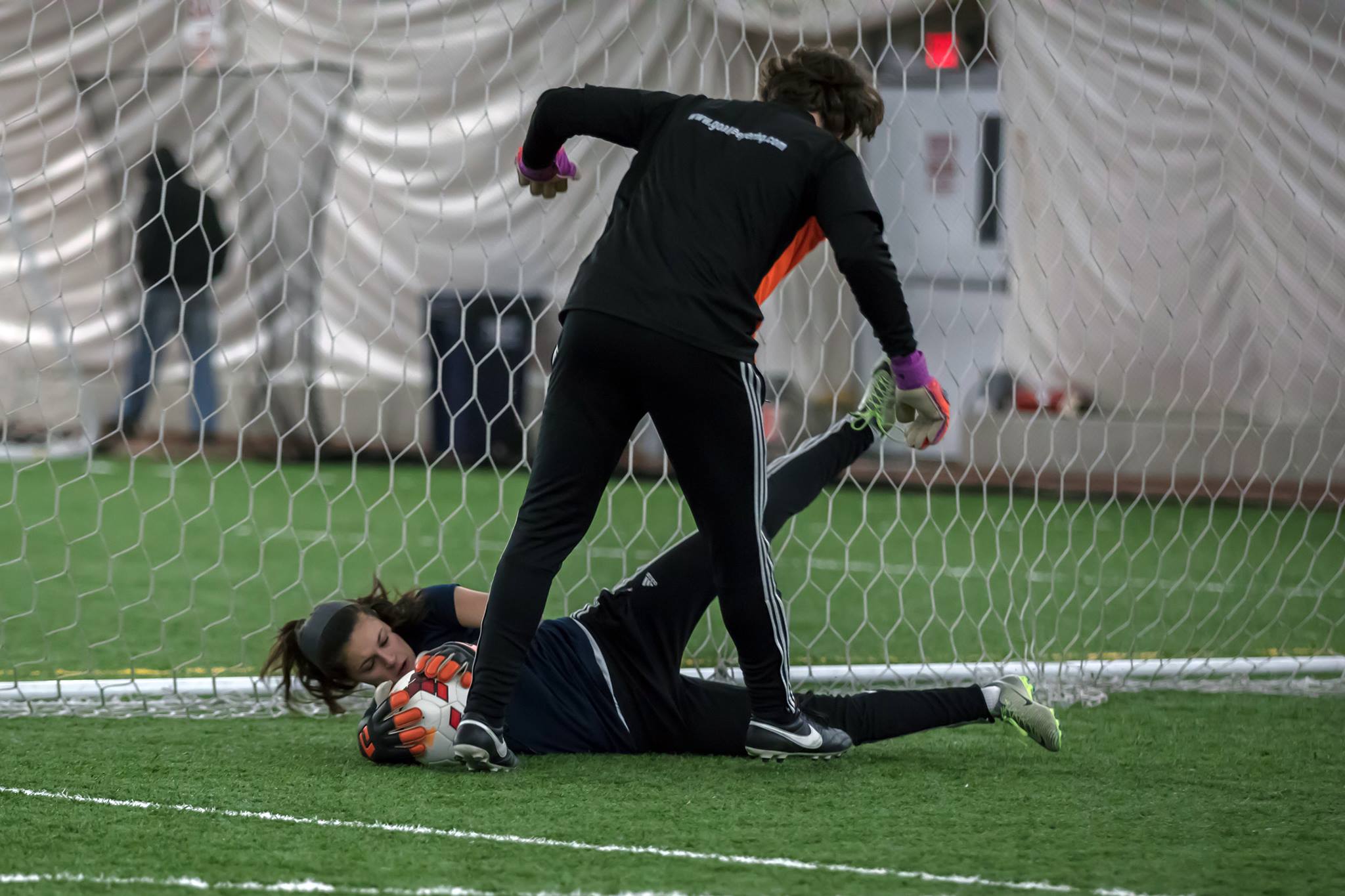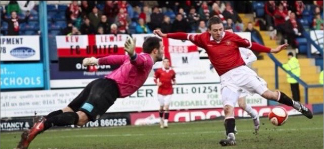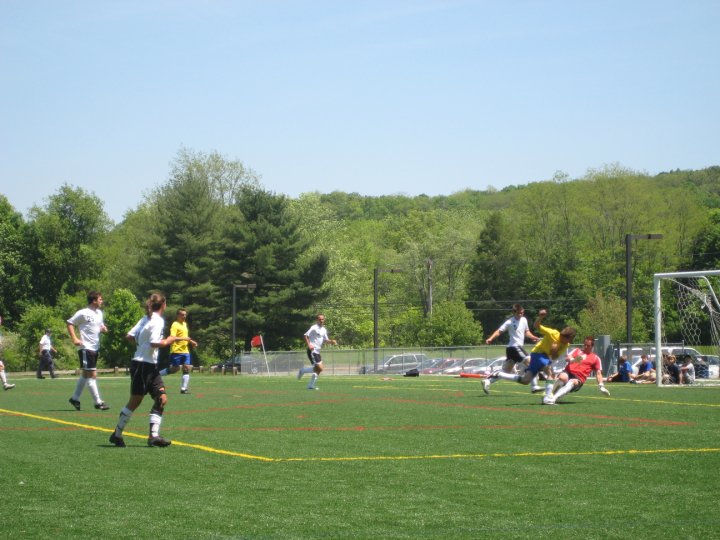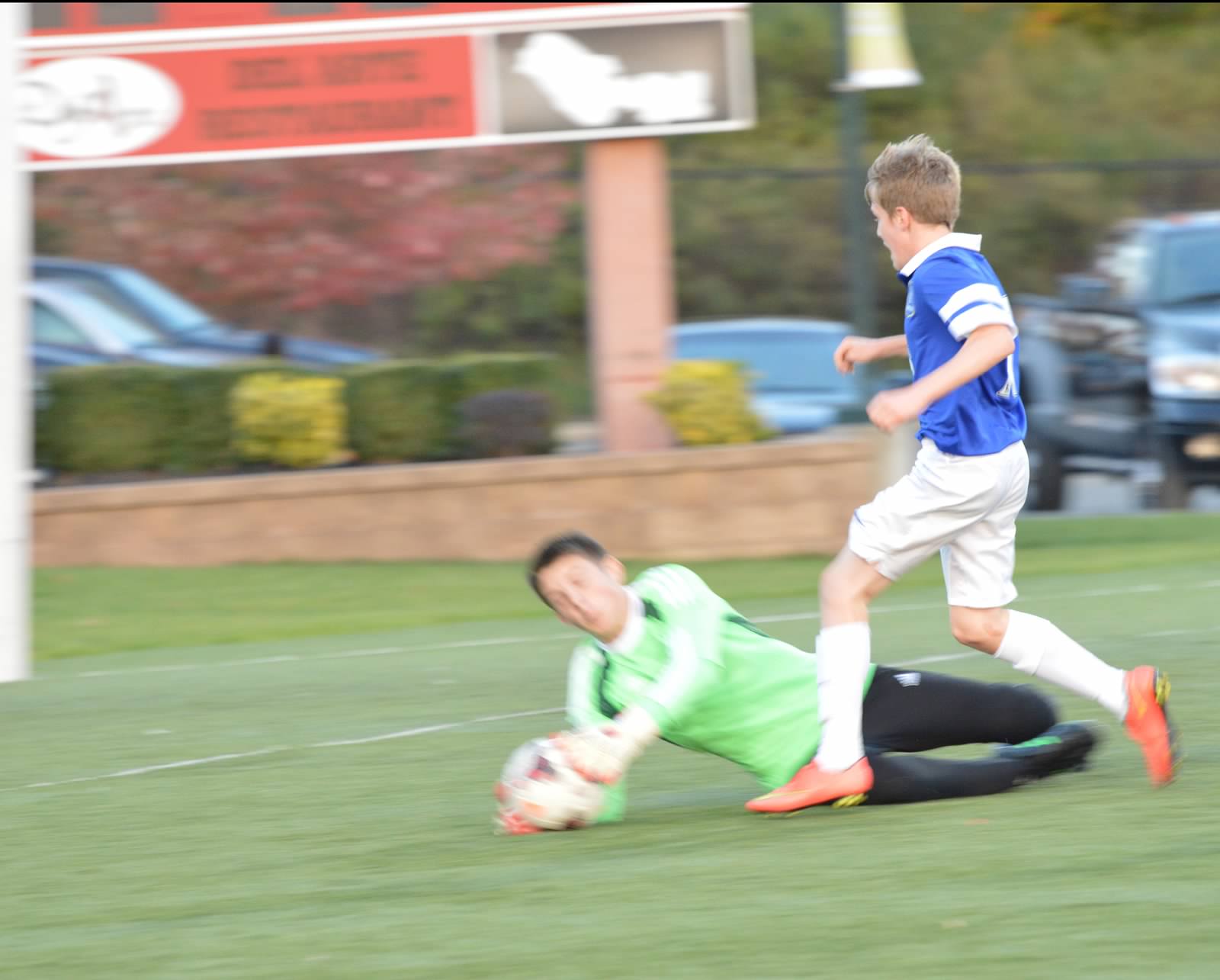Coach Marty and myself recently took a team to play in Ireland. The team entered the Foyle Cup held in Derry, Northern Ireland and we took two goalkeepers who are part of the Goalkeeper HQ Mentor program.
Here is the daily e-mail sent to the team parents back home.
UPDATE 1
Parents,
We are all settled in hotel, either resting or freshening up before Dinner at 6:15pm
Been traveling all day but stopping off along the way.
We spoke to boys about potential data roaming charges. Hotel has wifi.
Hopefully you received my text earlier on today to say we were at the American Irish emigration museum.
We will be having a training session tonight at 9pm – 10pm as it does not get dark here until 10:30pm
Boys are tired from overnight flight. A run out will do them good before sleeping well. Giant’s CAusway tomorrow before first friendly game.
Here are some photos from day 1.
UPDATE 2
Parents,
We have not long got back from our first friendly game in which the boys won a thriller, 4-3 with the last kick of the game! I think that result tops the fact that they held the “Miss Northern Ireland” competition in our hotel yesterday.
It has been an extremely busy day!
Giants Causeway, then on to some stunning scenery at Carrick-a-Rede Rope bridge. We also stopped off at Dunluce Castle on the way back, before Dinner and a then the friendly game with a local team.
Goals from Nico, Sean, CAm Farrar ( yes, one of our goalies ) and Austin.
We have a 9am breakfast tomorrow before heading off to the Opening ceremony Parade.
First league game is tomorrow at 5pm. That will be tough.
UPDATE 3
Parents,
We have just come back from having a footballing lesson by Hearts. A team of 16 year olds with aspirations of getting a professional contract in the next year or two.
The speed of play, quality of touch and communication was just far superior to ours. The boys are understandably disappointed at the 5-0 loss, but if lessons are learned and the experience of playing against players of that level are had, then it ok.
Earlier in the day we did a walking tour of Derry. The Irish weather has returned and there has been rain on and off throughout the day. Mrs Kroll and some of the other parents also organized laundry for the boys which we are all grateful for.
The local profesional team, Derry City have invited us to watch them train tomorrow. We will also have a tour of the Derry Murals from one of the artists, Marty’s brother-in-law. One of the players will be joining Marty at the recording studio of the Derry radio station in the morning to talk about the experience.
Sorry, no photos from me today, but the press were there in force for the game today so I’m sure there will be some on the web site soon. Also Colin’s dad, Jeff has been getting in amongst it to get what will surely be some great snaps, which will be posted later.
UPDATE 4
Parents,
Just got back from our final group game which we won 2-0. Austin and Sean got us the goals in the second half.
There seems to be a real bond amongst the boys who are keen to practice their Irish accents. The bond was needed today as they experienced some of the most one sided refereeing I have ever encountered. They got through it though unscathed.
This leaves us progressing through the group stages with a 1-1-1 record. We are currently awaiting details of our opposition tomorrow.
The group had a great walking tour of the peace murals in the Bogside of Derry today. Some great insight into the history of this city and life lessons for all.
Here are some photos of the Murals.
UPDATE 5
Parents,
We had a lovely trip to Donegal today to see the Irish countryside. Some stunning scenery, especially at Grianan Ring fort, the venue where Marty proposed to his wife a few years back.
It was great to see Steve Rullo turn up at our hotel to surprise Nick last night. The press coverage continued as BBC Radio Foyle had Marty and Cam Sweedler in their studios to talk about the experience.
The boys yesterday joined some locals in the city square to play some football also. ( video of their extravagant entrance below )
I’ve put off talking about the game as it was, performance wise, our worst one tonight. The boys were tired, did not get to the second ball and unfortunately lacked quality in distribution. We are thinking the five games in five days plus excursions may be taking it’s toll. We lost.
There was a collective disappointment but there is still banter amongst the group.
We play our final game tomorrow against Foyle Harps, who, ironically is who we had our first game against. We could have played a number of teams, but one of the tournament’s assets is the seeding of teams so that you play your last game against the most evenly matched. We tied 2-2 in the first game so I guess the seeding works.
Update 6
Parents,
Wow, What a great response from the boys. After a poor game yesterday, we played in the 3rd/4th place play off against Foyle Harps, who we tied 2-2 with in our first tournament game. The Harps strongly felt that they were hard done by last time and were ready to come at us with everything they had.
The boys, were disciplined in both position and tactics and worked their socks off to deny the opposition the room to play. We were rewarded with a goal half way through the second half after a defensive mix up caused by the constant hurrying by the forwards. We held off and won 1-0. Austin Jacobs getting the goal. We could tell that the boys were really playing as a team which was so good to see, and communication was great throughout.
Russell Stirling, formally of Everton America and the instigator of Everton first going to the Foyle Cup whilst he worked here came to watch and came to wish the boys he knew the best of luck.
Marty and I are so pleased with the way all the boys have matured as soccer players. The hope is that they put everything they have learned from this trip and put it into their games. Some key things that I think they have;
*Physicality of the game
*Communication – The players communicate with loudness and urgency here. They are more descriptive of what they want.
*Tempo of the game
*Not to antagonize the opposition
*Calling for / screaming for every call.
*Second balls
*Substitutions that don’t allow re-admittants
*Intensity to go for every ball, because if you don’t, there will be a player who knicks in to take it.
*Speed of play
*Dealing with clever runs into the box from set plays
*Experiencing a blatantly biased ref
I’m sure each player will have their own learning experience.
It was nice that the boys wanted to watch the final which Hearts from Scotland ( The team we lost to ) were playing in. The walked to the stadium to watch them play and eventually win the tournament after a penalty shoot out. It is quite nice to say that we lost to the eventual champions.
We head off to Dublin in the morning. We have suggested that the boys pack tonight.
